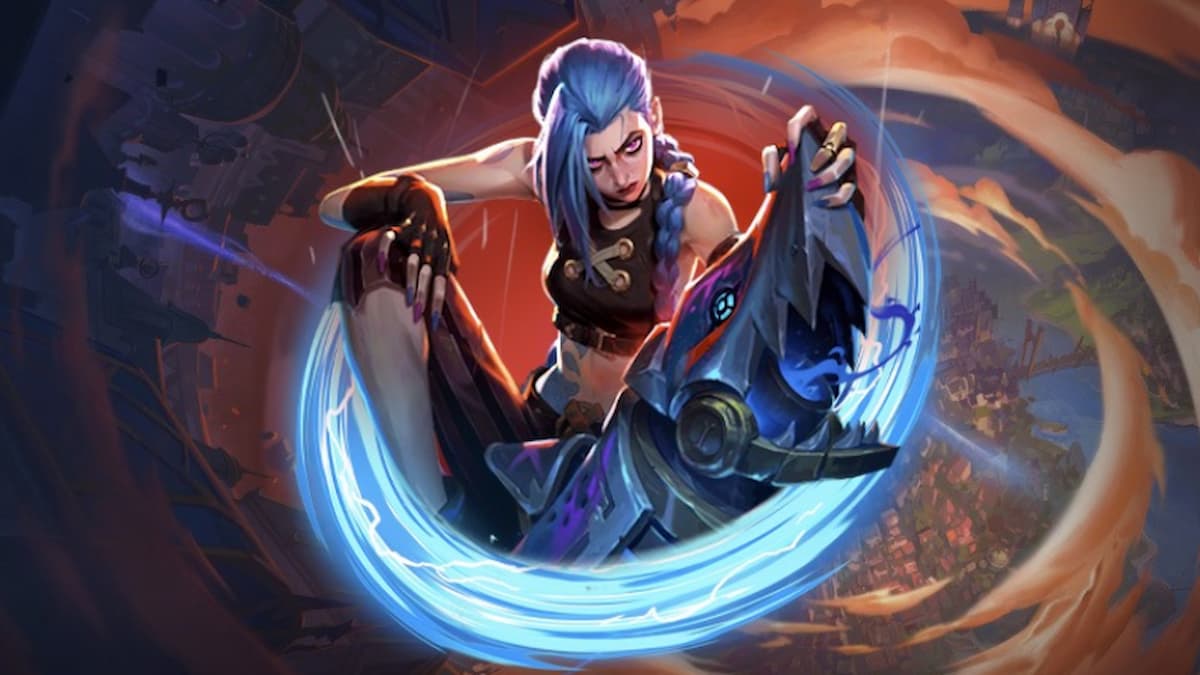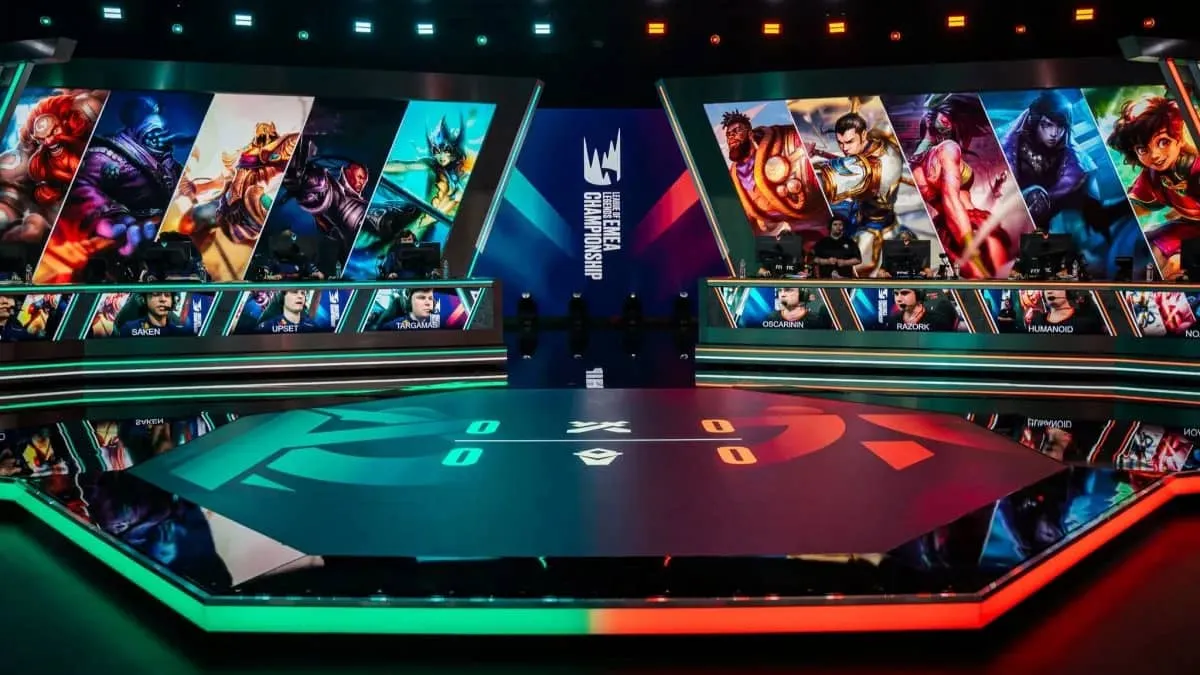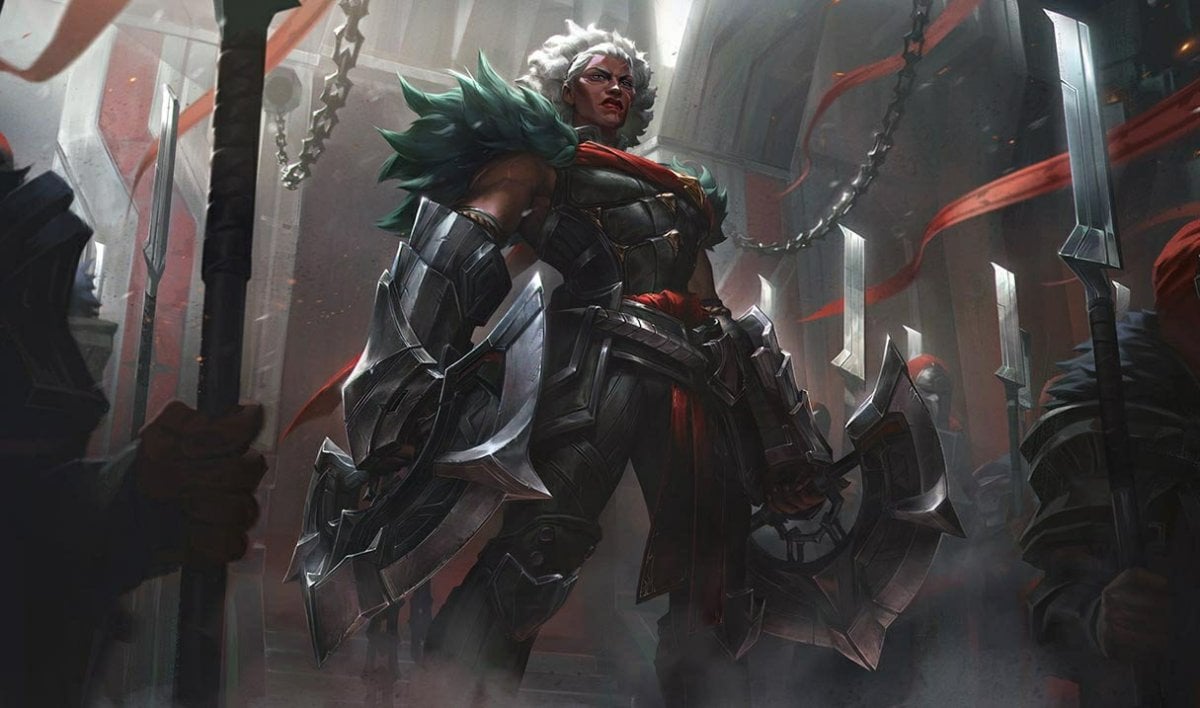What tilt is
We’ve all been there. You got stuck with a terrible support, or you’re jungling when you wanted top lane and now your top laner is 0-5 at 10 minutes. You’re mid lane and getting camped hard, dying 3 times before you hit level 6, while your jungler continues to passively farm his own jungle, applying no pressure. You’re jungling and bot lane gives up a double kill before you can clear both buffs and go to gank.
These situations can be deflating as a player for two reasons. The first is that you feel a distinct lack of control when these events occur. As one member of a five man team, you make up only 20% of your team and are, therefore, only able to have so much influence in a game or in a specific lane. You can’t control how well someone else on your team may be playing, and that can be frustrating. Another common scenario is that you, personally, may be playing poorly or having a bad game. It’s a natural and inevitable result, as bad games happen even to the best players. Yet, in that moment, our frustration can boil over. It can significantly affect how we can play out the rest of that game, and even how we may play in games in the near future.
This, then, is how we can define tilt in terms of League of Legends: Tilt is when negative emotions such as anger, frustration, and/or fear negatively impact one’s ability to play to one’s average (or even above average) skill or potential. Any time emotions are negatively affecting how you play the game, tilt to some degree is likely involved. This can stem from either one’s team, or one’s self, playing poorly.
This article seeks to outline the ways tilt can affect a person (though lashing out at others or yourself), gives guidelines for how to fix or improve on tilting as a personal problem, noting why working on your mental game and improving, and lastly provides a personal anecdote for why I think working on tilt and one’s mental game is important, along with providing further resources that discuss the topic.
The ways tilt can affect you
Tilt is most commonly displayed in two specific ways. Tilt causes some to lash out at others, leading to toxicity towards teammates or other players in the game. This is a natural reaction of blaming others for a loss or for failure (either in a specific instance or generally throughout the game). Another way one may display tilt is through blaming of self. This player may lose confidence, start to play fearfully or irrationally, and, due to this, play way below their skill level in a single game or over an extended period of time. If we seek to continue to improve as individual players at the game, we must not only work on our mechanical skill, but also on our mental and emotional side of League as well. Thus, working on improving or even fixing our tilt is crucial to helping us reach our maximum potential as players.
How to improve and fix tilting
Before I get into improving and fixing tilt, I first want to bust the most common common myth about tilting: This myth is the belief that “If I am tilting, taking a break from playing will fix the tilt.” Now, this approach can make the tilt go away for the short-term, but it is only a band-aid fix. In order to fully address tilting, one must find the root cause of the issue, rather than approaching the surface problem.
What, then, is the root cause? As we’ve discussed before, the root cause lies in our emotions controlling or manipulating our actions in a negative way. Knowing this is the first step. Note that I’m not arguing that all emotions when playing league are bad. In fact, a certain level of pressure and emotional investment can lead to heightened senses, better focus, and a higher level of personal gameplay.
 Picture source: OnGamers. The right level of pressure and emotion leads to heightened focus and better gameplay.
Picture source: OnGamers. The right level of pressure and emotion leads to heightened focus and better gameplay.
It’s when these emotions overpower our brain that they start to hamper decision making in game and our overall gameplay. Here, then, are some steps to combat excessive levels of emotions.
1. Start to catch yourself as you’re beginning to tilt.
Notice you’re getting frustrated at no ganks from your jungler, a feeding top lane, or your own poor play? The first step is being able to step back from the situation at hand and look at the bigger picture. This is one of a huge number of games you have played, and you’ve mostly likely lost at the very least 40-45% of those games. Losing and bad games will always happen. When you’re able to take this step back and realize that yes, sometimes you will do poorly, and you will lose, this can help you separate yourself from your tilt. Recognizing tilt as it starts to occur is particularly important to catch early because if you are only able to see it in hindsight, the damage of the tilt may already be done. Again, taking a break after you play or reflection after the game is helpful and an important part of the process, but it does not solve the problem. The problem has to be solved as it is occurring. It’s not only important to recognize you are beginning to tilt, but also what caused you to tilt. Generally you can tilt either because of yourself (self-doubt due to repeated deaths, misplays,or mistakes) or because of your teammates (teammate feeding, troll, someone who is toxic in chat). Though you are always accountable for your own tilt, being cognizant of what makes you tilt helps you understand the process of how you tilt. Recognizing the cause, catching yourself as you are tilting, most importantly before the emotion from tilt takes full control, and reflecting afterwards are the first of many important steps in stopping and fixing tilt issues. Having this awareness of when and why you are tilting will help you understand how to improve on and avoid tilting issues in the future.
2. Stay objective in how you view both yourself and your teammates.
Staying objective is impossible to do completely.But the point here is to remember a few key facts about both yourself and your teammates:
1) If they queue up for ranked, they likely (with the rare exception) also want to do their best to win by trying their best. Saying anything negative will only hurt your ability to win that game and negatively impact them as well as you. Even something as simple as saying “?” or “why” can make your team uneasy, cause arguments to break out, and begin the downward spiral of tilt for your or another player. As you type and focus on how poorly that player is doing, it takes your focus away from the game and your gameplay. Not only this, but you also risk putting that player on tilt, which will, again, have only negative results in attempting to win the game. While it’s entirely alright to attempt to be constructive when talking to other people on your team, sometimes people will refuse to take any sort of constructive criticism and shut down when you try to give any advice, helpful or not.
2) Everyone has bad games. You have to learn how to let that go. There will be games you die many times without a kill, have huge cs discrepancies, and games where you just have bad luck. Your teammates will also have these games. It’s important to remember that no person should be judged solely for a single game- Riot does say that your ranking is unlikely to be accurate until at least 100 games- and treating other players poorly for a bad game is unfair to them. However, we also must learn to forgive ourselves. Beating ourselves up over single mistakes repeatedly isn’t helpful. Use mistakes as a tool for learning how to improve and getting better, rather than as a way to lower our self-confidence.
3) Understand that while losing is never fun, it’s a part of a bigger picture that involves personal growth and development as a player. It is easy, when one steps back, to see that through conflict (losing) more is learned than when one is winning, as often games that are won tend to be easier and provide less challenges than the games in which you and your team are unable to overcome the challenges placed in front of you that were necessary to winning the game. Rough games are always frustrating, but when a game really gets to you, remind yourself of the long term gains made from losing. Focus less on the result of a win or a loss, but rather what you learned in that specific game. Each game, even the ones with trolls, afkers, or feeders provide something for us to learn. Climbing the ladder should be a secondary goal to improving at the game. If your focus is solely on improving your rank, you will climb much more slowly, if at all. This focus on self-improvement rather than on the outcome-dependency of a win or a loss is the best way to improve and stay level-headed.
These three keys should help you do your best to maintain a proper and healthy level of emotion.
3. Be selfish in the way you communicate and take care of yourself in-game.
What I mean by this is simple: Do what you need to do to stay focus on the task at hand, playing the game and doing your best to win without negatively impacting your teammates. That means any distraction, especially if it is in-game, should be avoided. The mute button is your best friend in this case. Even if someone is simply annoying you, it will make you lose your mental focus. There is no real reason to NOT mute ragers, toxicity, really anyone who makes the game unpleasant for you. As far as self-care, I’ve found that slow, deep breaths help me whenever I get frustrated to calm down and focus. However, I fully recognize that different strategies work for different people. the challenge for you as you work towards avoiding tilt is finding an effective strategy to avoid this frustration and anger, whether it be laughter, deep breaths, or anything else.
Now that we’ve talked about methods and means by which improve one’s mental game, lets talk about why it’s important to devote time to this practice.
Why working on your mental game is important
It’s important for three specific reasons. The first and most obvious reason is that it gives you your best chance to win. Consider your skill level. Most people are able to understand that, at their peak, they are better than their ranking. For example, if I am in Diamond V, there may be a number of games that I play at a Diamond III or even a Diamond II level. However, our ranking correlates with our average level performance. This means that if I am Diamond V but my peak level of play is Diamond III, my floor level of play is Plat III, as it averages my peak and my floor out over time. While people are readily eager to increase their skill cap, by working on things such as mechanics, decision making, and map awareness, few focus on how to increase their skill floor. The mental game plays a significant role in increasing our skill floor. When tilted, our skill floor is lowered. This means that our decision making, our awareness, and our communication, all aspects significantly impacted by our mental game, are diminished because of tilt. If we reduce or even remove tilting as a factor of our gameplay, this will allow us to play closer to our peak level of performance on average, reducing the amount of poor games we may have.
The second reason is that this increases our resilience in difficulty with teammates, bad games, and bad situations. Essentially, it allows us to have a thicker skin when situations get increasingly bad. It allows for us to ignore criticism from teammates more often, (use that mute button!) bounce back from mistakes more easily, and to accept some losses are out of our control. Being able to handle heartbreaking losses in a healthy manner is crucial in maintaining a continually high level of performance.
Lastly, and I think most importantly, this is a skill that carries on beyond league. Having a strong mentality is in a general sense helpful in life. Being able to respond to stress, difficulties, anxiety, and fear in a manner which is healthy is crucial to life itself. Now of course, we are not always able to do this. But, when challenges arise, are we going to get frustrated, and blame ourselves or others? Or, instead, will we rise to the challenge, and, whether we succeed or fail, walk away knowing we did our best and learned from the experience?
A personal note
Writing on this topic was important to me because of my personal difficulty and struggles with frustration, anxiety, and anger in league. I never got banned, but I had plenty of games where I was extremely rude and disrespectful towards my teammates and was generally unhelpful with the attitude I brought to our team. Because of this, I had an experience last season, after reaching Diamond, of tilting so hard that I fell out of Diamond down all the way to Plat V. Confidence shattered, with a negative attitude brought into every game, I felt a sense of hopelessness, both in myself and in my teammates. Yet, it was then that I found resources that set to help me understand and improve my mental game and my confidence in myself. Through a difficult process of re-discovering myself as a league player, and doing my best (though admittedly I still am not perfect at this) to maintain a positive attitude, mindset, and focus on myself, I was able to climb back up to Diamond near the end of last season, peaking at around Diamond IV. This is a way for me to share my story and what I’ve learned and continue learning with the community, so I hope it was helpful for you.
Resources
For those interested in the resources I used through my journey and to provide a context for this article, I will link them below.
The first is a video that actually discusses the mental game of poker, but I found directly applicable to working on my mental game in league.
The second is a video by Foxdrop which talks about overcoming ladder/ranked anxiety, and while this is less relevant to the topic of tilt, it’s pertinent particularly for those who struggle with confidence and is generally helpful in learning, understanding, and assessing one’s mental game.





Published: Jun 19, 2015 10:01 pm